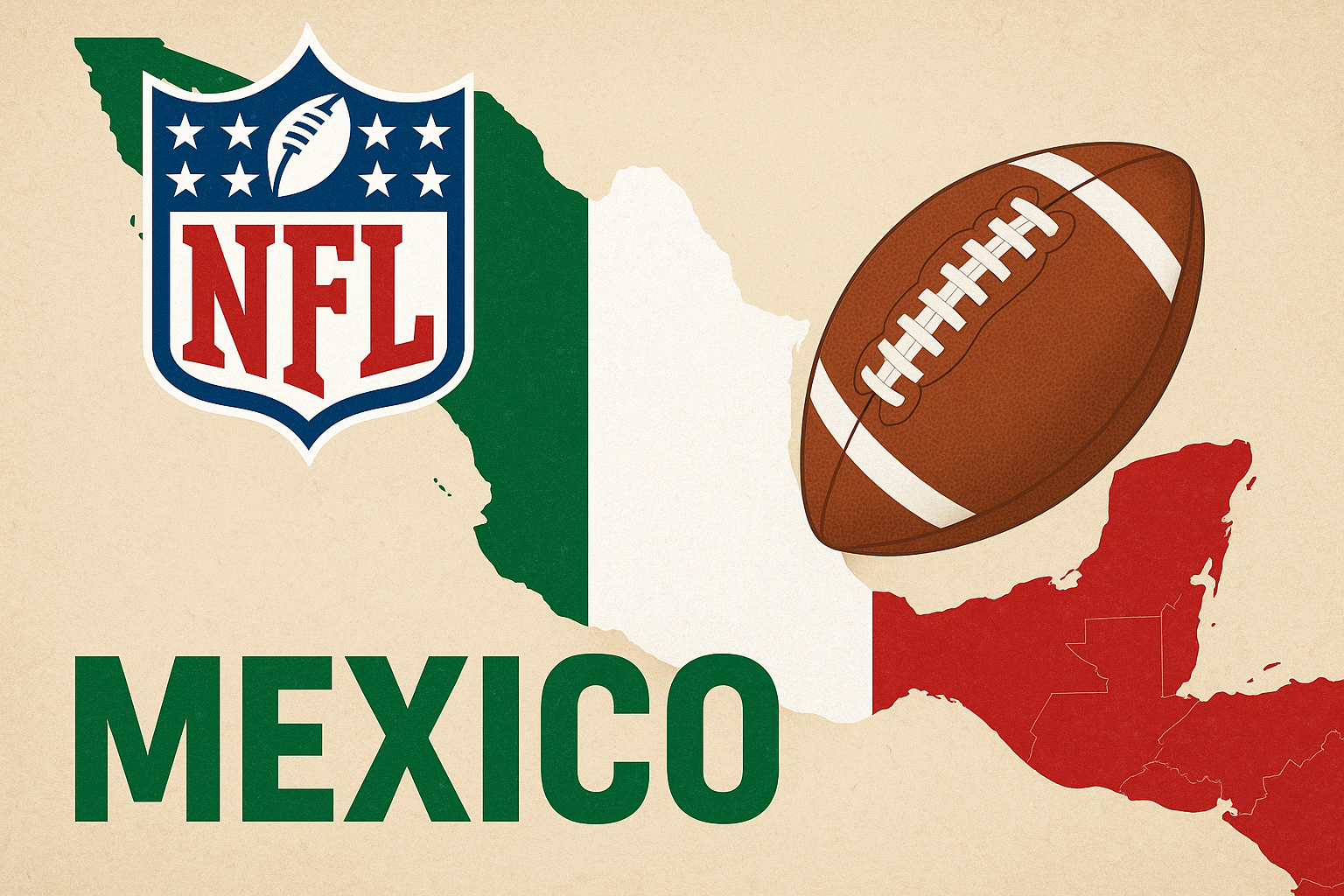INTERVIEW WITH JAMES CALDER
With the Euros coming to an end, we decided to interview one of our most dedicated English linguists specialising in football: James Calder.
James lives in Scotland but used to live in Spain. He has been a full-time freelance translator and writer since 2001 and has specialised in sport since 2005. Though football and tennis are his biggest passions, he has covered pretty much every sport and has worked on lots of major tournaments and competitions, including World Cups and the Olympic Games. He has also worked as a freelance writer for football magazines in the UK.
Why did you specialize in sports? Was it always your plan to be a sports translator?
No. I’d never planned to be a translator, let alone a sports translator. I never knew there was such a job! I wasn’t great at languages at school (I did French, which I was OK at, and German, which I really struggled with) and if my teachers knew what I do now, I think they’d collapse in shock!
I got into translation in 2001. By this time, I’d learned Spanish. I’d met my wife, who’s Spanish, in London in 1996 and we moved to Spain in 1999. The plan was to do a PhD in English Literature and hopefully lecture at a university, but my UK degree was a joint degree (English Literature and Modern History) and the Spanish authorities said they didn’t recognise it (so much for the EU and the mutual recognition of degrees!) They asked me to do a separate qualification but I didn’t want to spend any more time studying than I had to. I finished my PhD and one of my lecturers said a former student of his had started a translation agency. I got in touch with her and she started giving me work.
” I’d never planned to be a translator, let alone a sports translator. I never knew there was such a job! ”
I was just doing general translation for the next four years, and was actually getting a bit bored with it, until one day I saw an advert in Translators Café for an ES>EN football translator. I couldn’t believe my eyes! I’d always been a football fan, reading about, watching and playing the game, so it seemed a perfect fit for me (when I was young I’d wanted to be a football writer, but I gave up on the idea). I did a test translation, on the Spain team. The agency liked it and I was in. Before long I was brushing up my French and getting new clients through the other sports translators I’d started working with. I got to meet most of them during the 2006 World Cup and we’ve stayed good colleagues and friends since. That advert changed my career and my life!
How important do you think is what you do? Why?
Is it important in the great scheme of things? Probably not. But as someone who reads quite a bit of sports news, I know how important it is to know your stuff, use the right words and terminology, and write/translate in an engaging way. There’s so much content out there that people will just move on to the next page or website if you don’t get it right. And it’s not as easy as people might think. I only work on sports I know or understand, so no sailing or basketball!
What experience as a translator has given you the most joy so far?
I really enjoyed working on the 2006, 2010 and 2014 World Cups. That’s because the agency I worked for (and still work for) got all us translators (the French, German, Spanish, English and Arabic teams) together to work on the tournament in the south of France. We stayed in a villa and though the work was hectic, it was great fun, and I fell in love with Provence too! Translation volumes have gone down since then and FIFA have changed the way they cover World Cups, so we don’t do it anymore, which is a shame. Still, it was great to actually meet some of the people I work with. You don’t get to do that much in this business. I’ve had great working relationships with people for 15 years or so and never had the chance to meet them.
What are the main challenges of your work?
The hours and having to work weekends. My wife finds it a bit frustrating sometimes, though she’s got used to it. She was planning a trip to the cinema just last Sunday when I suddenly remembered I had to do the subtitles for the Austrian Grand Prix for Samba. She was OK about it. She’s been very understanding over the years!
A few years ago a friend of mine asked me if I wanted to go and see a Manu Chao concert. I’m a big fan (I’d interviewed him for a football magazine as well). My friend knew him and had backstage access and everything. I was really excited. Then my wife reminded me I had a motor racing job that weekend, so I couldn’t go. My friend ended up taking another friend of ours, who then sent me a photo of him and Manu Chao sharing a beer backstage! Thanks mate!! Yes, working weekends can be a real pain sometimes!
My wife finds it a bit frustrating sometimes, though she’s got used to it. She was planning a trip to the cinema just last Sunday when I suddenly remembered I had to do the subtitles for the Austrian Grand Prix for Samba
How was the experience of working in the World Cup and Olympic Games?
I really enjoy working on big tournaments and events like that because of the pressure. I love short deadlines and fast turnaround times. World Cups are fairly straightforward: get text, translate text, send text. But working on the Olympic Games was slightly different. I did Rio 2016 and PyeongChang 2018 and it involved translation and writing work. I’d watch an event and then have to write a piece about it for immediate publication on the IOC website, and it had to be quick because there were translators waiting to translate it. Very challenging, a bit stressful at times, but very rewarding.
I’m doing other jobs for the IOC now, which just goes to show how one job in sports translation can lead to another. I also believe that if you can translate well, you can write well. You don’t have to limit yourself to translation. There are writing jobs out there and subtitling is taking off now too. That’s something else I’ve started working on in the last year or so.
Sadly, I’ve never actually been to a tournament with my work. I had the chance to go to Roland Garros in 2017 but we were moving from Spain to Scotland that month, so I had to turn the invitation down.
Do you think Sports Translate is helping/changing the sports translation market?
I don’t think I’m qualified enough on the customer end of the sports translation market to answer that. All I can say is that the market is always changing, in response to how fans and users get their sports news these days. If you can provide a platform that covers all the different angles (translation, interpretation, subtitling, writing etc), then it has to be a good idea. As a freelancer, I’m enjoying working with it because of the range of different jobs that are coming up: subtitling for F1, transcription for FIBA and Man City, etc. If you can sign up Leicester City one day, then I’ll be even happier!
Other News
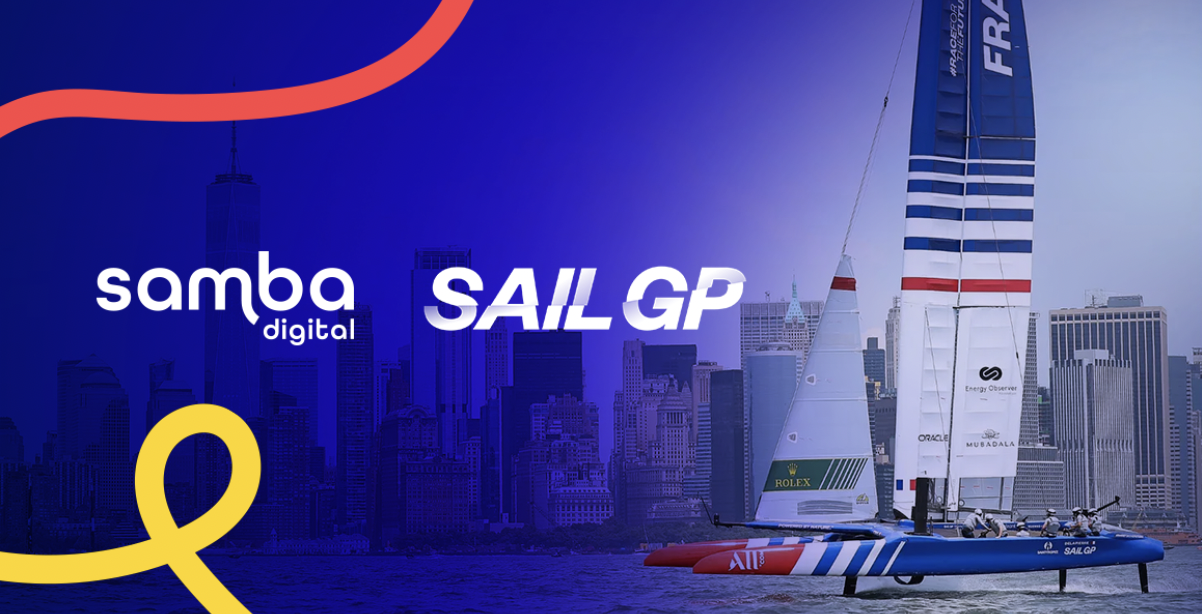
Samba Digital teams up with SailGP to strengthen its visibility through influence

Iron Heads join forces with Samba Digital to expand their global footprint
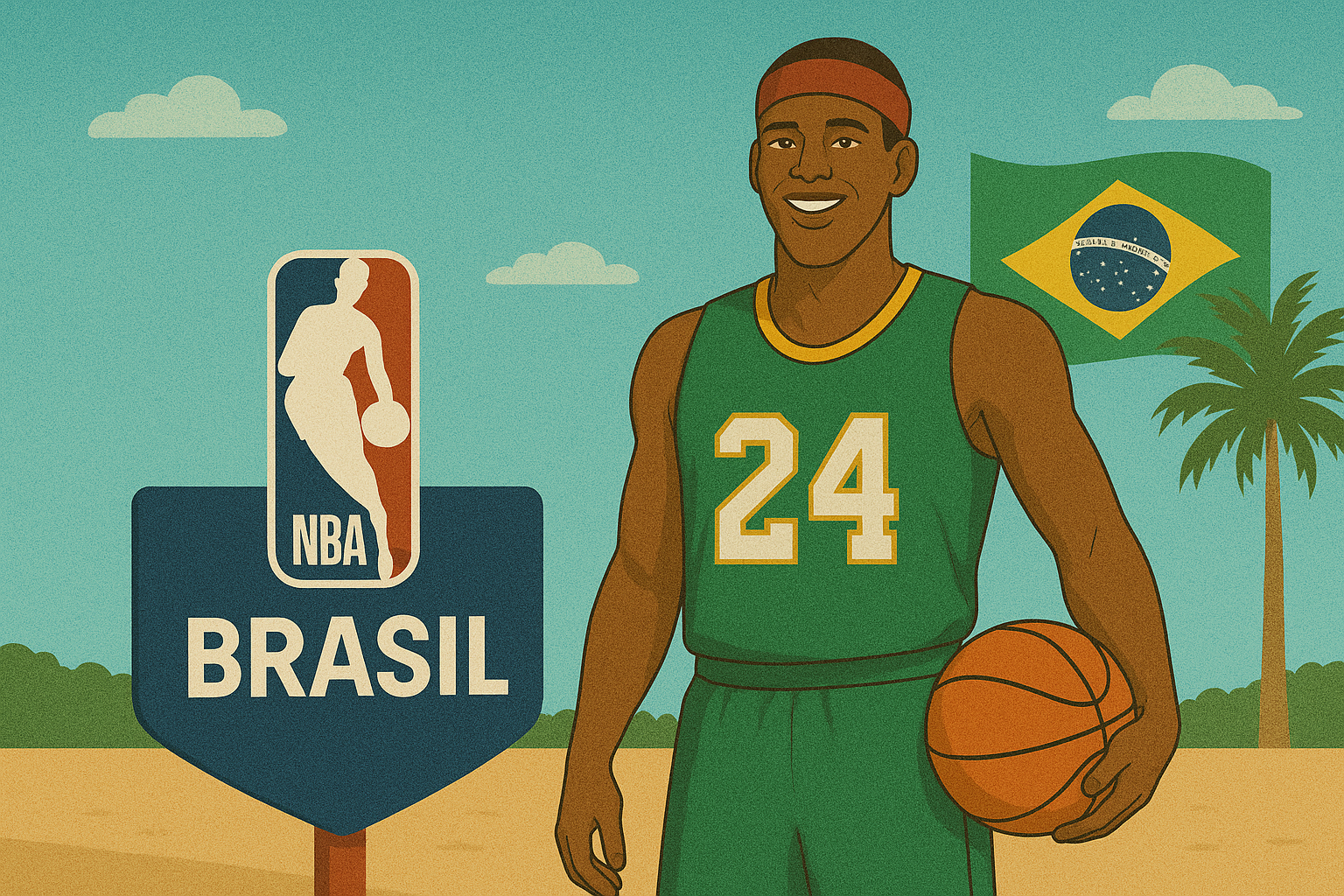
THE NBA ACCELERATES IN BRAZIL : A STRATEGIC SHIFT ON AND OFF THE COURT
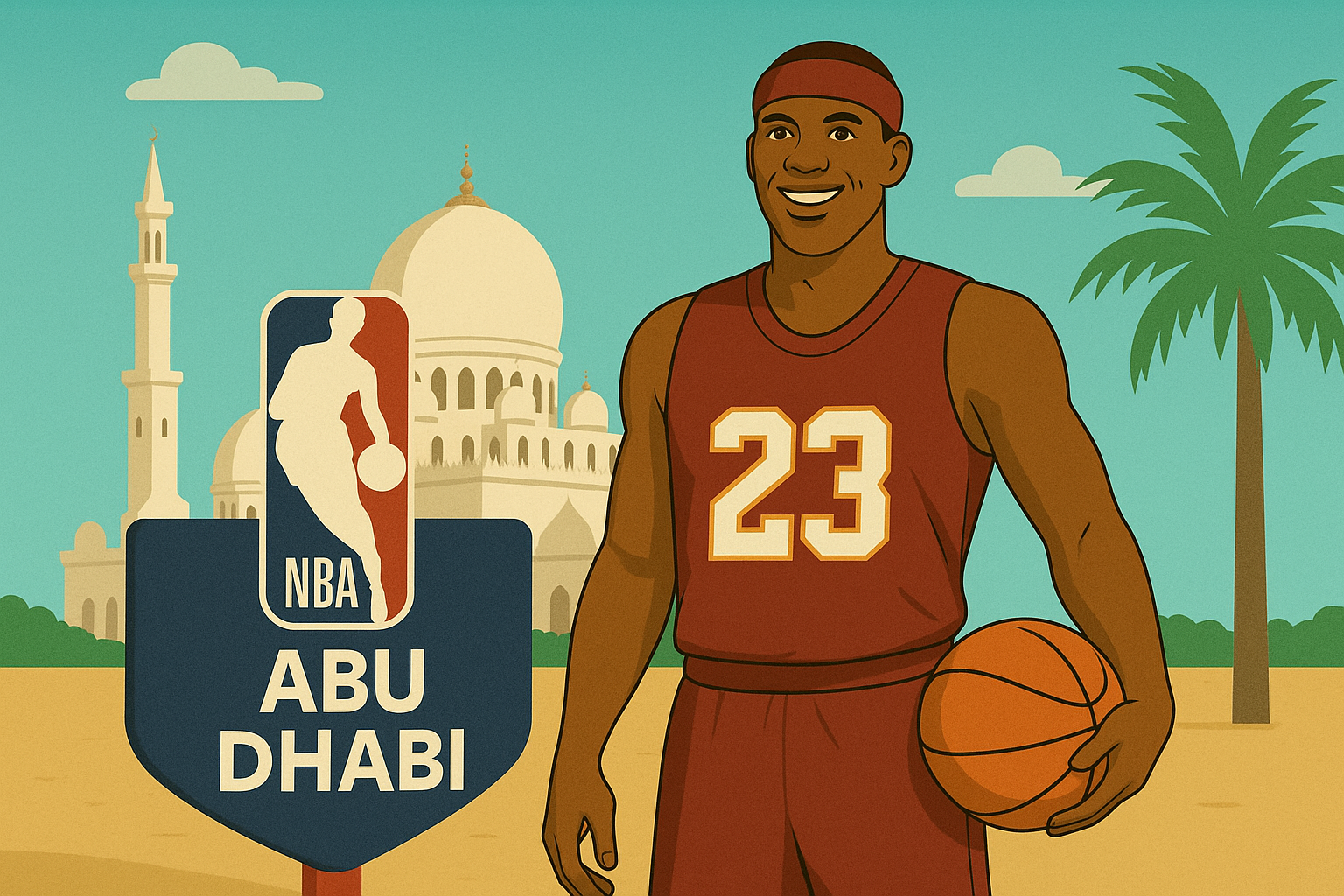
ABU DHABI X NBA: THE NEW GLOBAL COURT OF BASKETBALL POWER
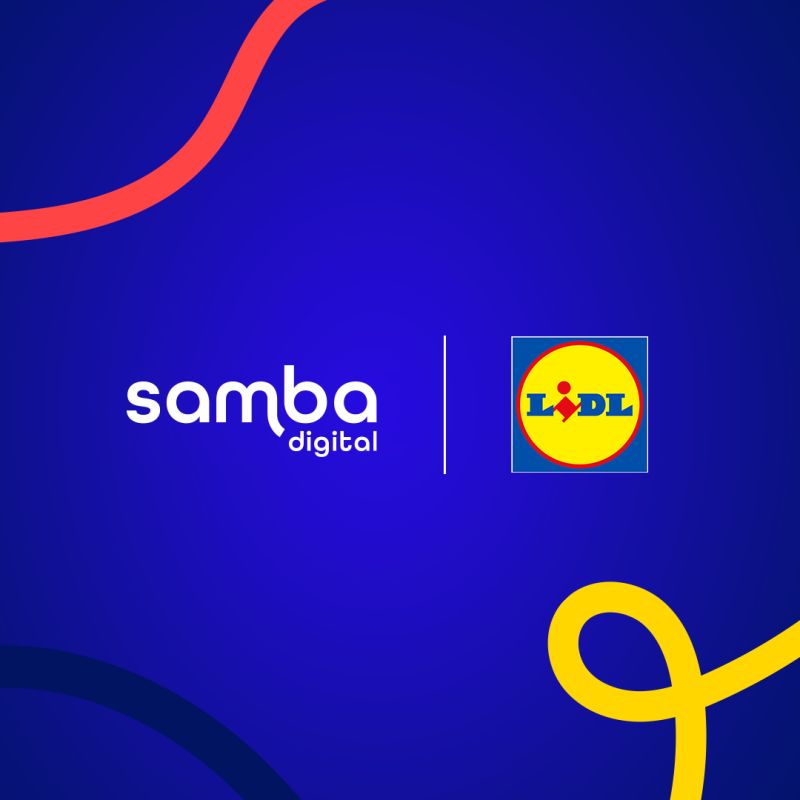
Lidl France unveils “Your Colors, Your Jersey”: a creative and solidarity-based initiative for handball clubs
